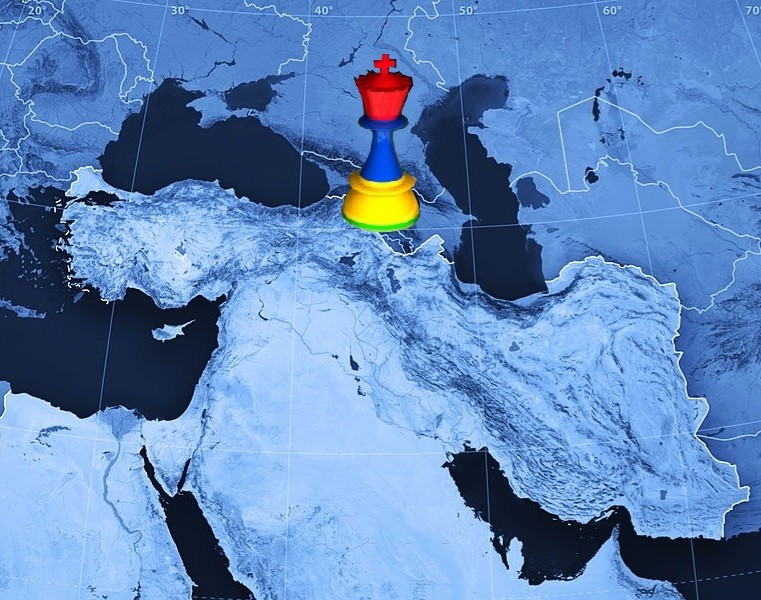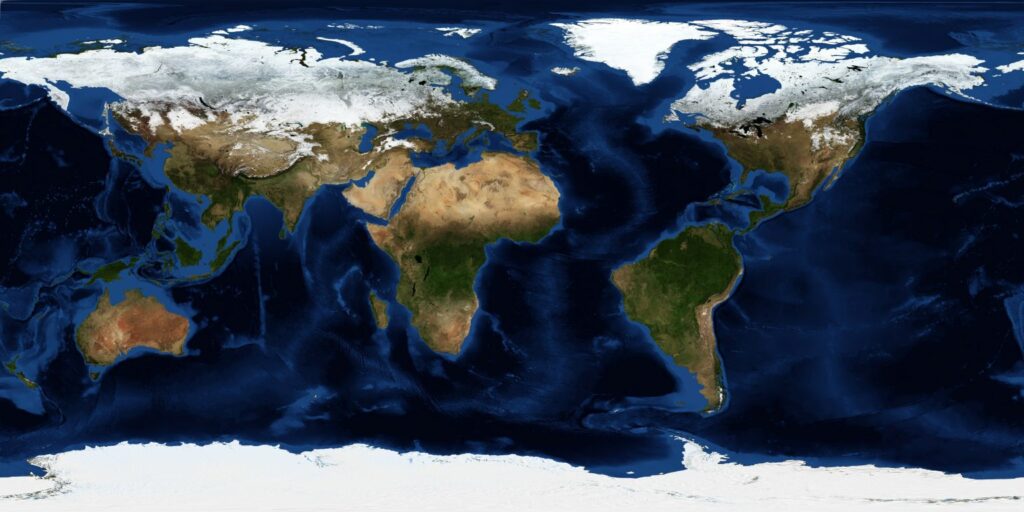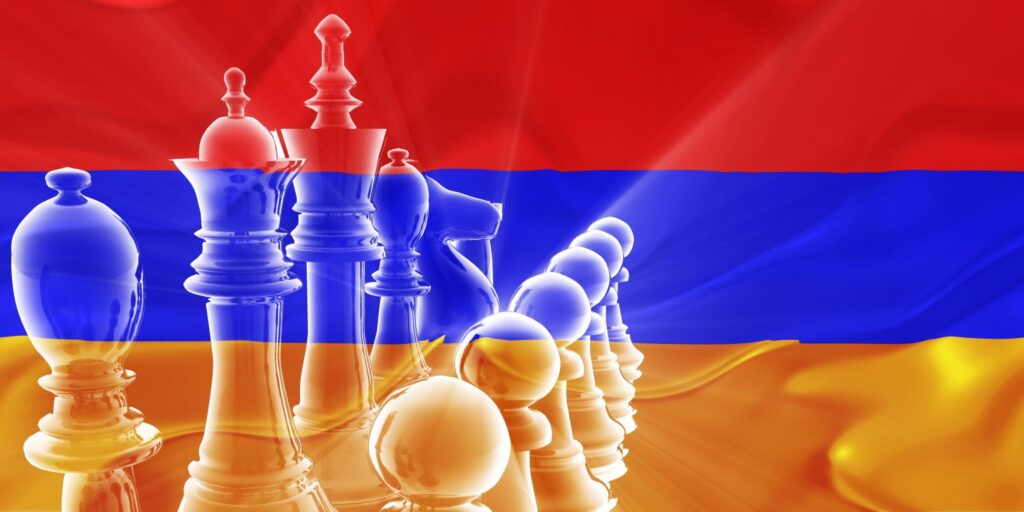ARMENIAN NETWORK STATE AND THE BLACK TRIANGLE

“MAY GOD DEFENDS ME FROM MY FRIENDS: I CAN TAKE CARE OF MY ENEMIES”.
This quote best reveals the context of Russia’s traditional policy of playing the “messiah” role after the younger “brother” is trapped. The Lenin-Ataturk deal of 1920, the Artsakh (Nagorno-Karabakh) war in 2020 has left the Armenian nation irreparable. Moreover, Russia’s silence on Azerbaijan’s recent encroachments on the territorial integrity of Armenia and the seizure of sovereign territories of Armenia, the characterization of the aggression against Armenia as a routine border incident by the Collective Security Treaty Organization (CSTO) exposes the existence of prearranged agreements of Russia with Baku and Ankara against the Armenian Statehood. The Armenian Network State’s project called “Armenia against the Black triangle of Russia, Turkey and Azerbaijan” aims to reach out to World Armenians and international society to present an alternative to the intense propaganda from Russia and the Russia-oriented political field. A complete understanding of the reality is essential for Armenians for finding a way out of Russian-Turkish pliers.
ARMENIA FIGHTING AGAINST THE RUSSIAN-TURKISH PLIERS
Azerbaijan’s recent encroachments on the territorial integrity of Armenia, already leading to human casualty, the capture of six Armenian servicemen and the seizure of sovereign territories of Armenia, has been condemned by individual governments and various international organizations in recent days. The main issue that needs to be clarified is: how Russia – the strategic ally of Armenia, as well as the Collective Security Treaty Organization, to which Armenia applied in expectation of receiving politico-military assistance – does not intervene to prevent aggression from Azerbaijan and resolve the conflict between the countries. The answer to this lies in the context of Russia’s traditional policy in the Caucasus and other regions, which implies a simple mechanism


WE NEED TO GET READY FOR NEW BATTLES OF SARDARABAD
On the 12th of May, 250 regular Azerbaijani army soldiers just strolled 3.5 kms past the borders of Syunik province onto the territory of the Republic of Armenia, as freely as regular tourists. They did not encounter any resistance. Apparently that number has now increased and has reached the thousand mark. It appears that there is nothing to prevent the same from occurring at the Armenian borders at Tavush as well as near the shores of Lake Sevan. What is next? Where else will it happen? Can they go all the way to Yerevan? The present-day authorities in Armenia keep justifying the absence of any intervention by the Armenian army, arguing that this could be considered a violation by Armenia of that nefarious November 9 agreement, and consequently may lead to the restart of hostilities for which Armenia is not prepared. In the meantime, the Armenian civilian population in the border regions is outraged. It feels abandoned, protests, searches alternatives for self-defense and is in a state of deep crisis. This unacceptable and intolerable tension leads every day to an increasingly more explosive situation, wherein the Armenian civil population is left in an unfair state of helplessness. Then an inevitable question begs an answer: Facing this threatening existential crisis, where are Armenians living in Armenia and beyond expected to find sources to support self-defense?.
THE NEW ARMENIA – A RUSSIA-TURKEY WEDGE, AN EAST-WEST BUFFER
For centuries and even millennia the Armenian people in the Armenian Highlands and beyond have played a key role as a buffer nation between the Eastern and the Western civilizations, between the Northern and Southern nations (eg. Armenia between the Roman and Parthian Empires, between the Arabs and Byzantines, etc). Armenian people have also undertaken that buffer role outside of the Armenian Highlands, such as the Armenian Kingdom of Cilicia between the Crusaders, Byzantine Empire and Muslims, as well as huge Armenian colonies in Eastern Poland and Ukraine in the Middle Ages, Armenian merchants in Persia and even India who were successful enough to smoothly establish ties between the Europeans and the people of the East in Late Middle Ages. And even now with a globally dispersed Armenian diaspora heavily present in the areas where again the East meets the West, such as Krasnodar, Sochi areas in Russia’s south-west, Los Angeles in the west coast of the U.S. and so forth. This exclusive know-how of the Armenian civilization to connect the West with the East and that role of the buffer nation urgently needs to take shape in and around the new Armenia as the nation fights to restore its geopolitical factor in the South Caucasus and the broader Middle East and North Africa (MENA) region after the defeat in 2020’s Nagorno Karabakh (Artsakh) war.


WHO SHOULD THE WEST WORK WITH IN ARMENIA?
The biggest mistake the Western powers, the USA and France in particular, have made since the 1990s vis-a-vis the establishment of closer ties with the Armenian people has been their continuous focus on the political parties of Armenia and even of the Armenian Diaspora. While it has always been clear that the culture of the political parties has never been well-rooted within the Armenian nation since the birth of the first Armenian parties in the late 19th century, the West has never diverted from that party-centric policy through its diplomatic missions, corporations and special services. Those political parties, which number almost 100 in a country of 2.5 million people, lack deep and fundamental knowledge of big politics or 3G-s: good governance, geopolitics, globalisation. Here is why the West, who has immense soft power in Armenia, cannot drive the black triangle and particularly Russia out of Armenia and take geopolitical control of it, thus connecting the Black Sea, Georgia, Armenia and then Iran and the Persian Gulf. The political parties are so far from well-established ideological backgrounds that they easily get into the political traps made by the special services of the black triangle and other malign powers, as well as their servant governments of the Republic of Armenia since 1991. It is of utmost importance to change that myopic political agenda if the West truly wants to achieve any positive geopolitical gains in Armenia and hinder the Russo-Turkish empire from getting formed by helping Armenia to reestablish its wedge-buffer status in the region.
NETWORK STATE DEMANDS ARMENIAN GENOCIDE DENIALISM TO BE CRIMINALISED
In April 2021 the Network State started a global campaign for the recognition of the Armenian Genocide and the Criminalization of its Denial. The 12-point document was translated into 12 languages and sent to 111 countries – head of states, governments, ministries of foreign affairs, all diplomatic missions in Armenia, as well as tens of international organizations – UN, EU, OAS, etc. The document was also sent to hundreds of international media outlets and influencers and published by several international media outlets.


« L’ÉTAT RÉSEAU MET L’ACCENT SUR LA SUBJECTIVITÉ DE L’ARMÉNIE » : UNE APPROCHE NOUVELLE À LA RELATION ARMÉNIE-DIASPORA
« L’ÉTAT RÉSEAU MET L’ACCENT SUR LA SUBJECTIVITÉ DE L’ARMÉNIE » : UNE APPROCHE NOUVELLE À LA RELATION ARMÉNIE-DIASPORA Plusieurs initiatives pan-arméniennes qui visent la formation de l’idéologie nationale, ont vu le jour après la défaite de la deuxième guerre d’Artsakh. La prise de conscience des lacunes fondamentales dans le système étatique de l’Arménie est abyssale dans presque tous les milieux sociaux. La formation d’une nouvelle élite arménienne en synergie avec la puissance intellectuelle de l’Arménie et de la diaspora serait la seule garantie de l’éveil national dans cette lutte pour la survie et la renaissance de l’Arménie, dont l’existence même est actuellement menacée.they easily get into the political traps made by the special services of the black triangle and other malign powers, as well as their servant governments of the Republic of Armenia since 1991. It is of utmost importance to change that myopic political agenda if the West truly wants to achieve any positive geopolitical gains in Armenia and hinder the Russo-Turkish empire from getting formed by helping Armenia to reestablish its wedge-buffer status in the region.
NETWORK STATE: THE NEW ARMENIA VISION
The past year, 2020, was disastrous for Armenia and its diaspora: Armenians lost 1/4 of their homeland, de facto losing Artsakh, leaving thousands of victims dead and wounded, prisoners of war (POWs), displaced people and refugees. The disaster still causes psychological depression. The post-war actions and statements that followed, about no return of POWs and continuous violation of the territorial integrity of the Republic of Armenia, combined with widespread anti-Armenian statements in the Azerbaijani and Turkish press, reveal that peace and unblocking of relations between Armenia and Turkey as well as Armenia and Azerbaijan are just an illusion. Hence, even if the final de jure conditions are created for the latter, and the defeated government of Armenia agrees to their implementation, they will de facto not be functional.


